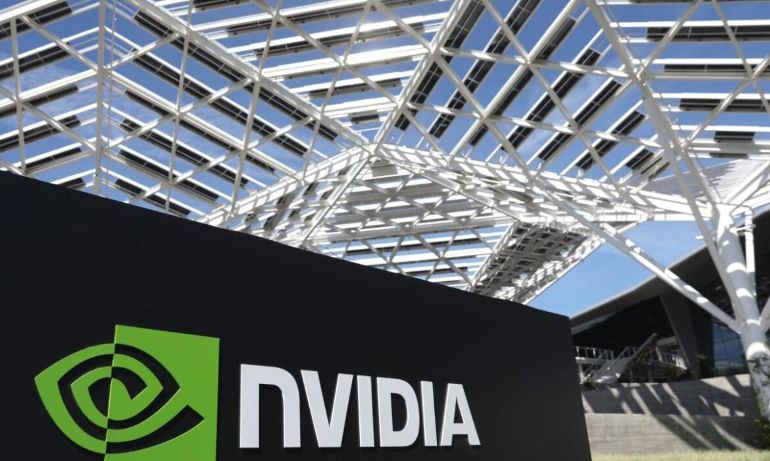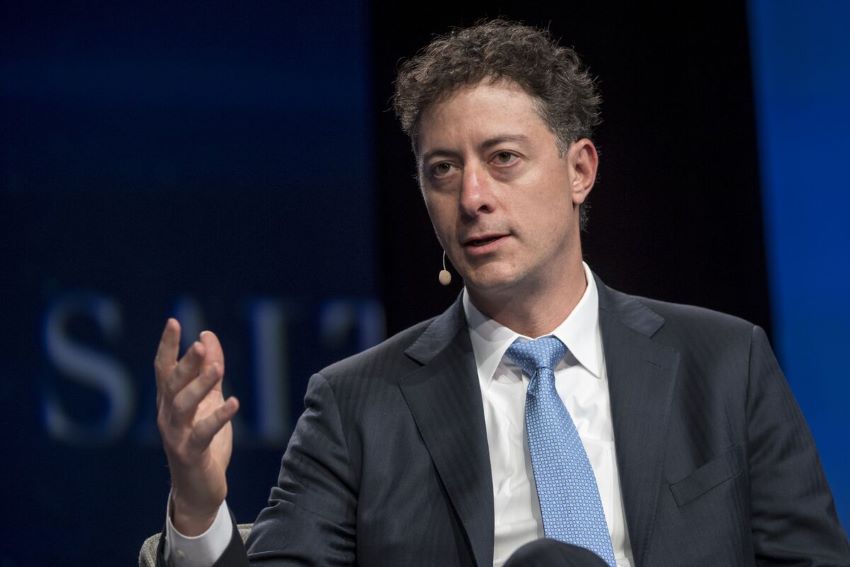Nandini Roy Choudhury, writer
Brief news
- Saudi Arabia aims to enhance its AI capabilities by accessing Nvidia’s high-performance processors, with expectations of significant progress within the next year, despite current U.S. export restrictions.
- The kingdom plans to invest heavily in AI, targeting a 12% contribution to its GDP by 2030, supported by its $925 billion Public Investment Fund.
- Ongoing discussions between Saudi Arabia and the U.S. may lead to relaxed export regulations, reflecting a collaborative relationship amid concerns over China’s influence in the region.
Detailed news
Saudi Arabia is sanguine about its potential to develop and execute the most sophisticated artificial intelligence models by acquiring access to the high-performance processors of U.S. chipmaker Nvidia.
Abdulrahman Tariq Habib, a senior official at the Saudi Data and AI Authority, stated in an interview with CNBC on Thursday that the monarchy anticipated making significant progress in the coming year.
Habib, the Deputy CEO of SDAIA’s strategy management office, responded to CNBC’s Dan Murphy when asked about a prospective timeline, “I believe it will be within the next year.” Given that the United States’ rigorous export controls have thus far impeded the processors’ export to the kingdom, this is a substantial anticipation. Habib made the remarks on the outskirts of GAIN, the international AI summit held in Riyadh this week in Saudi Arabia.
The Nvidia H200s, the most potent processors produced by the company, are utilized in OpenAI’s GPT-4o. According to Habib, Saudi Arabia will greatly benefit from having access to these chips.
“It will facilitate business relations between the United States and Saudi Arabia,” he stated. “It will also provide numerous opportunities for the kingdom to develop its computational capabilities.” However, it is crucial to note that computational capability is not the sole factor. In the past three years, we have diligently invested in the development of capacity, both in terms of human and data resources. Therefore, we are collaborating and working with the entire international community to become one of the most active countries in data analysis.
Saudi Arabia is making a significant investment in the development of a comprehensive AI ecosystem in the kingdom. According to a report by SDAIA, the kingdom’s objective is for AI to account for 12% of its gross domestic product by 2030. The investment will be led by the kingdom’s $925 billion Public Investment Fund, as indicated in the report published on Sept. 9.
Those endeavors are a component of Vision 2030, an initiative that Saudi Crown Prince Mohammed bin Salman initiated to modernize the Saudi economy and diversify its revenues beyond oil.
In March, sources confirmed to CNBC that the PIF was in discussions with American venture capital firm Andreessen Horowitz and potentially other entities to establish a $40 billion AI investment fund.
U.S. restrictions on semiconductor exports
Habib stated that the positive relationship between Riyadh and Washington in the AI sphere is evidenced by the news that the U.S. government is contemplating relaxing its export regulations to grant Saudi Arabia access to the highly sought-after processors, which was initially reported by Semafor.
“It demonstrates the collaboration and work that we conduct with the international organization in general, and the U.S. in particular,” he stated. “This also demonstrates the comprehension of the relationship between the United States and Saudi Arabia, as Saudi Arabia is a rapidly developing powerhouse in the fields of AI, investment, and product development.”
A series of restrictions on semiconductor exports were implemented by the Biden administration in the past two years to prevent Chinese access to them. In May, it expanded those restrictions by mandating that firms obtain a unique U.S. government license in order to export advanced semiconductors and chipmaking material to numerous Middle Eastern countries, such as the United Arab Emirates and Saudi Arabia.
The restrictions were a result of national security concerns regarding Riyadh’s close relationship with Beijing. Vision 2030 is significantly invested in by China, which is Saudi Arabia’s greatest trading partner. According to the Gulf Research Center, Chinese arms exports to the kingdom increased by nearly 400% from the previous five-year period between 2016 and 2020.
The Semafor report stated that the Saudi government is purportedly making efforts to address Washington’s demands regarding its relationship with China and the U.S.’ security concerns. Additionally, the government is maintaining an open door policy toward Beijing in the event that the U.S. declines to export its semiconductors to the kingdom.
A spokesperson from the U.S. Department of Commerce stated in a comment to CNBC that the U.S. government’s authority over the transfer of such technologies is based on export controls. This authority includes the current licensing requirements and conditions for the export, reexport, or in-country transfer of certain items to the region, our ability to impose a licensing requirement on individual companies through designation on the Entity List, and potential future controls. The spokesperson was unable to address specific licenses or transactions.
The spokesperson further stated that “a rigorous interagency process, which includes the Departments of Commerce, State, Defense, and Energy, is used to make export control decisions regarding licenses, entity listings, and any future policy actions.”
Source : CNBC News



